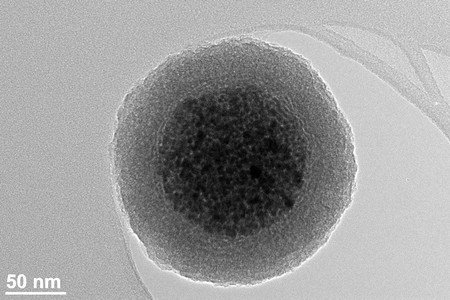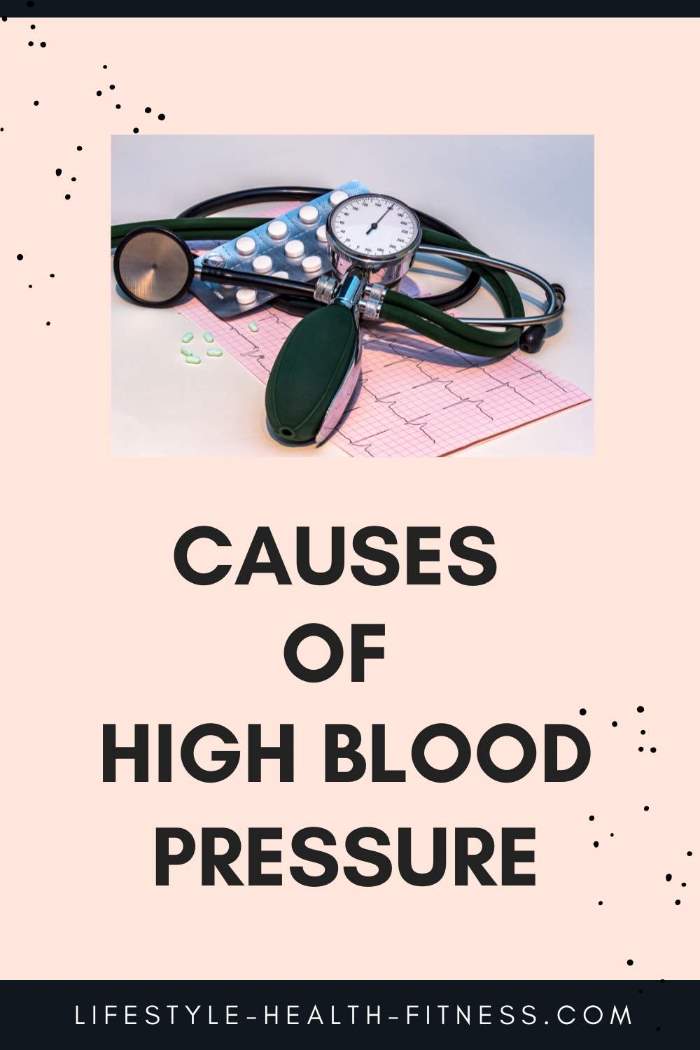Air pollution levels can cause significant damage to health. The problem is that these levels do not need to be very high to cause harm. As per researchers report published in the Aug. 25 issue of the Journal of the American College of Cardiology, even “acceptable” levels of air pollution can lead to short as well as long-term injury to the heart health and blood vessels. This also increases hospitalization related to heart conditions and can even lead to death.
According to recent studies, ultrafine particles found in polluted air may pass into the bloodstream of individuals and travel to the heart. These particles may cause an inflammatory response, reducing the ability of the heart to pump blood effectively to the body. The blood pressure increase and blood flow is reduced through coronary arteries. Exposure to pollutants can also affect individuals and cause irregular heartbeats.
Sources of Air Pollution
Air pollutants can come from various sources such as chemical reactions of plants, volcanic eruptions, car fuel, factories, burning of crops, and burning of fossil fuels. Plastics manufacturing processes tend to release chemicals such as sulfuric acid, chlorine, and vinyl chloride. Exhaling cigarette smoke, spraying aerosol cans, and burning of trash is also responsible for reducing the level of air quality.

Reduced Levels of HDL
According to a recent study published in the Journal Arteriosclerosis, Thrombosis, and Vascular Biology by American Heart Association’s journal researchers, it is revealed that air pollution can reduce HDL (Good Cholesterol) levels in the body. This can eventually increase the risk of developing cardiovascular disease.
During this study, researchers assessed the impact of air pollution on around 6,654 adults (middle-aged and older) in the United States. The study revealed that individuals in the region with higher levels of air pollution (mainly traffic-related) had lower HDL (high-density lipoprotein) levels. Reduced levels of good cholesterol are responsible for increasing the likelihood of developing coronary artery disease.
You may also like:
Traffic Pollution can Trigger Asthma in Kids
Noise Pollution can Negatively Impact Kids’ Learning
Air Pollution Can Increase the Risk of Diabetes
Outdoor Pollution and its Harmful Lung Function Effects
Air Pollution as a Major Contributor to Stroke
Serious Effects of Outdoor Air Pollution on Pregnancy
Nanoparticles in the Bloodstream
A study published in the journal ACS Nano says that researchers discovered evidence of nanoparticles in the bloodstream of humans and animals. The particles were found in individuals who inhaled nanoparticles allowing them to travel from the lungs straight into the bloodstream.

A new study was conducted on some mouse models, 12 surgical patients, and 14 healthy volunteers. These individuals and mice inhaled gold nanoparticles (deemed as safe to be used in medical imaging). Within a short span of exposure, these particles were detected in their urine and blood. The results indicated that nanoparticles are capable of traveling from the lungs into the bloodstream. Thereafter, these travel to the cardiovascular system and increase the vulnerability of individuals to a heart attack or stroke.
References:
https://www.medicalnewstoday.com/articles/322680.php
https://www.ottawaheart.ca/the-beat/2017/05/28/how-air-pollution-can-impact-your-heart-health
https://science.howstuffworks.com/environmental/green-science/air-pollution-heart-health1.htm
https://www.webmd.com/heart-disease/news/20080813/air-pollution-may-hurt-the-heart#2




